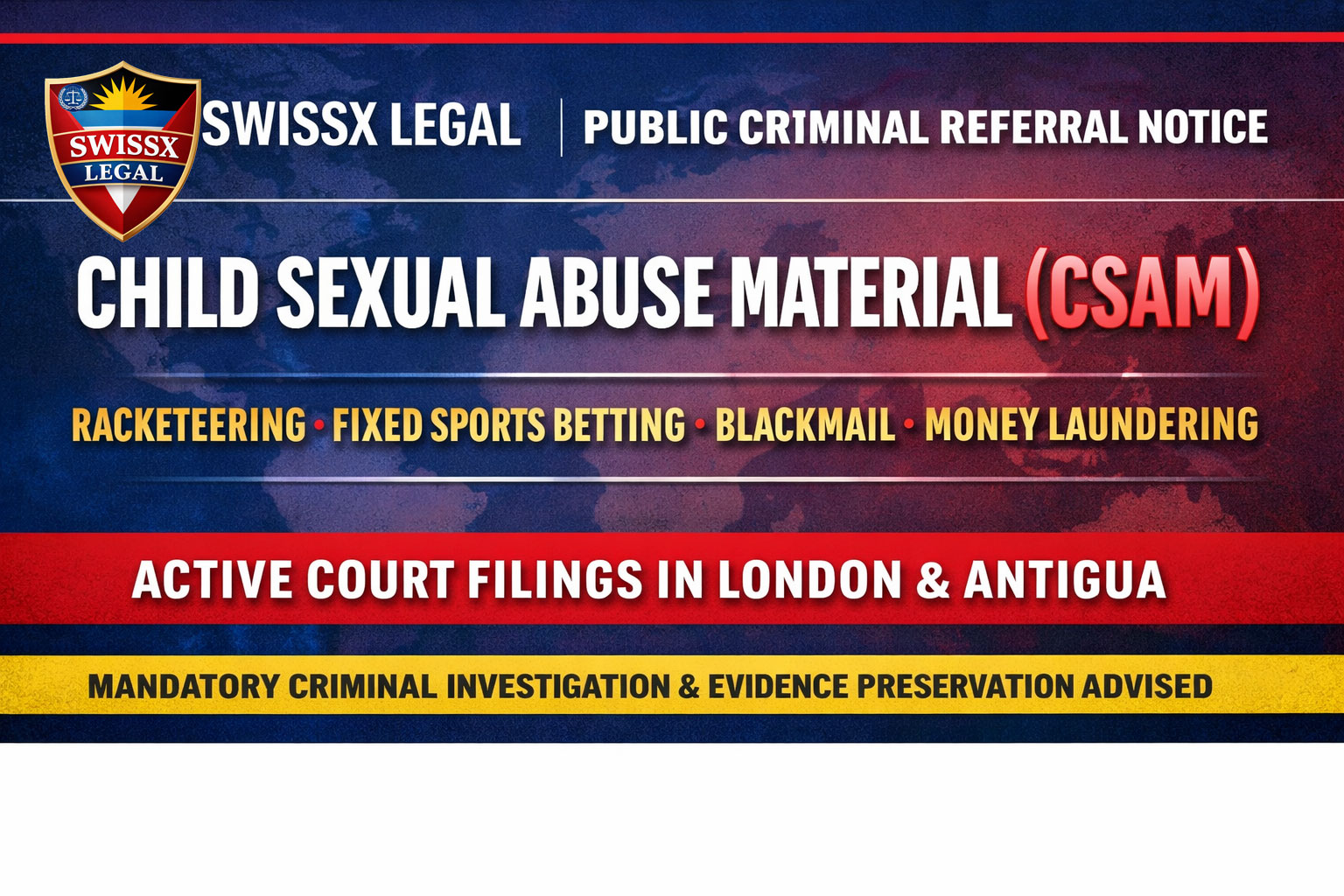A recent investigation by BBC Africa Eye has brought to light the disturbing realities of child prostitution in Maai Mahiu, Kenya, a pivotal transit hub for trucks and lorries transporting goods between several East African countries. This inquiry uncovered two women, referred to as "madams," who openly admit to involving children as young as 13 in prostitution rings, exploiting the vulnerabilities of these minors in an environment where such activities have become alarmingly normalized.
Located approximately 50 kilometers from Nairobi, Maai Mahiu is notorious for its sex trade, becoming a breeding ground for child exploitation as truck drivers frequent the area. Over several months, undercover reporters posed as aspiring madams, collecting damning evidence that illustrates how these women knowingly facilitate the sexual exploitation of minors. Despite sharing evidence with the Kenyan police earlier in the year, no arrests or actions have been taken against the offenders thus far.
The illegal nature of child prostitution is well-documented under Kenyan law, yet intricate loopholes and societal complacency allow it to persist. In their secret recordings, one madam, identified as Nyambura, was seen jokingly discussing the idea of manipulating young girls with sweets and described a known case where she was managing a child who had already been "working" for six months. The footage shows these women discussing their knowledge of laws and their willingness to operate discreetly to avoid detection.
This dark trade exploits minors' fears and vulnerabilities, as revealed through the harrowing testimonies of young victims. One girl recounted being forced into sexual encounters with multiple men daily, often without consent. Another shared her traumatic experiences of abuse from childhood, which led her to become ensnared in the sex trade.
The situation is further complicated by a lack of concrete statistics indicating the volume of children trapped in this traumatic cycle of abuse. Though various governmental and non-governmental organizations have attempted to quantify the problem, estimates remain grossly outdated and unreliable.
An ex-sex worker now aiding young escapees, known as "Baby Girl," emphasizes the cyclical nature of this exploitation and the urgent need for resources to help survivors. While there are efforts to provide refuge and support for these young women, crucial funding for outreach programs is at risk due to governmental budget cuts.
As these young survivors begin to rebuild their lives through education and therapeutic engagements, the future remains uncertain for many others still entrapped in the cycle of abuse. With Baby Girl's support, some are learning skills to secure a more hopeful future, yet the ongoing challenges of vulnerability and systemic failures continue to loom ominously.






















